The earthquake from Trump's "tower" and Apple's "fantasy"
The global tech market is once again in turmoil as Donald Trump reignites his war with one of America’s biggest icons: Apple. On the social network Truth Social, he publicly criticized the “bitten apple” for continuing to manufacture iPhones overseas and threatened to impose tariffs of up to 25% if the company did not bring production back home.
"I have long informed Tim Cook of Apple that I expect iPhones sold in the United States to be manufactured and assembled in the United States, not in India or anywhere else," Trump wrote.
The impact was immediate. Analysts at Wedbush, a respected financial services firm, were quick to predict that an iPhone made in the US could cost as much as $3,500 and that the transition would take five to 10 years. “We believe the idea of Apple manufacturing iPhones in the US is a pipe dream,” Wedbush wrote in a note.
In fact, CEO Tim Cook has long explained that the barrier lies not just in cost, but also in the supply chain ecosystem and highly skilled labor force that China has built over decades.
When Trump imposed tariffs in April, Apple’s response was not to build a factory in Ohio, but to move a large portion of its supply for the US market to India—a country with lower costs and not directly targeted by tariffs. “Made in America” seems to be an unsolvable problem for a giant of Apple’s size.
Purism: The Little Guy Proves It Otherwise
But one person disagrees. His name is Todd Weaver, and his startup, Purism, is living proof that making smartphones in America is not a pipe dream. Purism is one of the few, if not the only, companies assembling smartphones on American soil.
“Doing this in America is really not easy,” Weaver admitted. “That’s probably why I’m the only one.”
Yet his company has been operating efficiently and profitably for the past two years. Its flagship product, the Liberty Phone, is assembled near San Diego, California, and boasts “Made in America” as a core selling point.
To be clear, Purism is no Apple. While Apple has sold more than 2 billion iPhones since 2007, Purism has sold just a few tens of thousands of phones since 2018. But it’s their small size that allows them to do what Apple says is impossible.
The price difference between the two Purism phones reveals a surprising truth. The Librem 5, which is made entirely in China, costs $799. Meanwhile, the Liberty Phone, which has American-made electronics assembled on a Chinese-made metal frame, costs $1,999. What’s remarkable is that their core manufacturing costs are roughly the same: about $600 in China and only slightly more, $650 in the US.
“There’s basically a ±10% difference between manufacturing in China and the US,” Weaver said, and the secret is automation. The Liberty Phone’s higher price reflects higher margins, the cost of verifying a secure supply chain, and a small portion of local manufacturing.
Todd Weaver, CEO of Purism, at the company's smartphone assembly plant near San Diego (Photo: Purism).
It's not just about cost, it's about strategy.
So why are experts predicting a $3,500 iPhone? Weaver says that number could be true if Apple were forced to move production to the U.S. suddenly, on a whim. But if it’s a long-term strategy, years in the making, costs could drop dramatically through building new supply chains, training workers, and automating processes.
Purism’s Carlsbad, California, factory has just a dozen workers, taking advantage of the highly skilled labor available from the defense and telecommunications industries in the area. Automation handles the bulk of the work, while humans focus on more delicate tasks like welding, final assembly, repair, and quality control.
By contrast, Apple’s Chinese partners’ factories can be as large as multiple football fields, with 100,000 workers working in shifts. Weaver acknowledges that the US is far behind China in the supply of engineers. “In China, you can find a whole building full of electronics engineers. Here, you can count them on your fingers,” he says. It’s a workforce challenge that the US will need years to address through training and incentives.
Furthermore, Purism’s unique selling point isn’t just “Made in America,” it’s security and privacy. With a domestic supply chain and assembly, it’s easier to ensure that the device isn’t infected with spyware. The Liberty Phone runs an open-source Linux-based operating system, which allows any expert to examine the source code, rather than the closed operating systems of Apple or Google.
Their phones also have three physical switches that completely disable cellular, Wi-Fi, Bluetooth, microphone, and camera—a level of security that the iPhone's "Airplane Mode" can't match. For these reasons, Purism's biggest customers are U.S. government agencies, including the FBI and the House Intelligence Committee.
Which way for the giants?
Purism’s story isn’t meant to be a jab at Apple, but rather a fresh perspective. Todd Weaver argues that if Apple really wants to build a factory in the US, it will have to be a multi-year process. He criticizes Trump’s tariff policies as too abrupt and unpredictable, making it impossible for businesses to plan long-term.
Instead, Weaver proposes a gradual tariff increase over several years that would create a clear and continuous incentive for companies to localize production without being penalized from the start.
Apple, for its part, is not completely ignoring the US market. The company has pledged to invest $500 billion in the US over the next four years and hire 20,000 more employees. This could be a bargaining chip for them to use to ease political pressure, as it did during Trump’s first term.
Experts say tariffs could raise the price of an iPhone made in the US by up to $3,500 and the transition would take five to 10 years (Photo: blanquivioletas.com).
Wayne Lam, an expert at research firm TechInsights, said Purism could become a successful niche player, especially in the government, enterprise and military segments. However, it will be difficult to compete in the mass consumer market due to the dominance of big brands and the challenge of app compatibility (because it does not use iOS or Android).
In a strange scenario, if Mr. Trump’s tariffs become a permanent reality, Purism could be an unexpected beneficiary. Its “Made in America” phones would be immune to tariffs, while rivals that rely on overseas manufacturing would face a cost storm.
The clash between Trump’s threats, Apple’s silence and Purism’s defiance is about more than tariffs. It reflects a deeper tug-of-war between political ambition, global economic realities and the desire to revive American manufacturing.
The story of Todd Weaver and Purism proves that the “American Dream” in high-tech manufacturing isn’t entirely unrealistic, but making it a reality at Apple’s scale will require long-term strategy, patience, and a vision that goes beyond four-year political cycles.
Source: https://dantri.com.vn/kinh-doanh/thach-thuc-apple-nguoi-dan-ong-bi-an-khien-giac-mo-iphone-my-song-lai-20250606130011277.htm


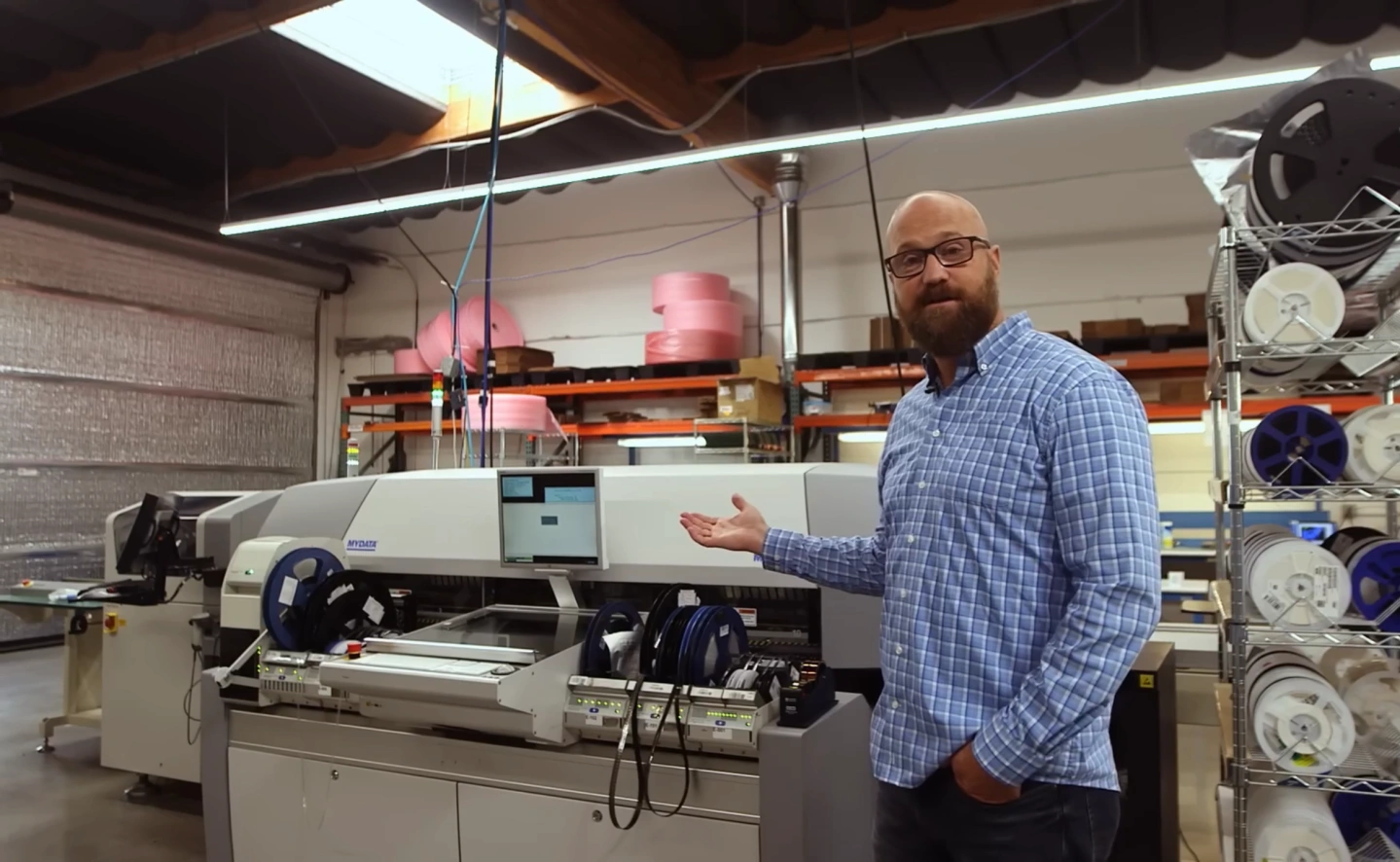
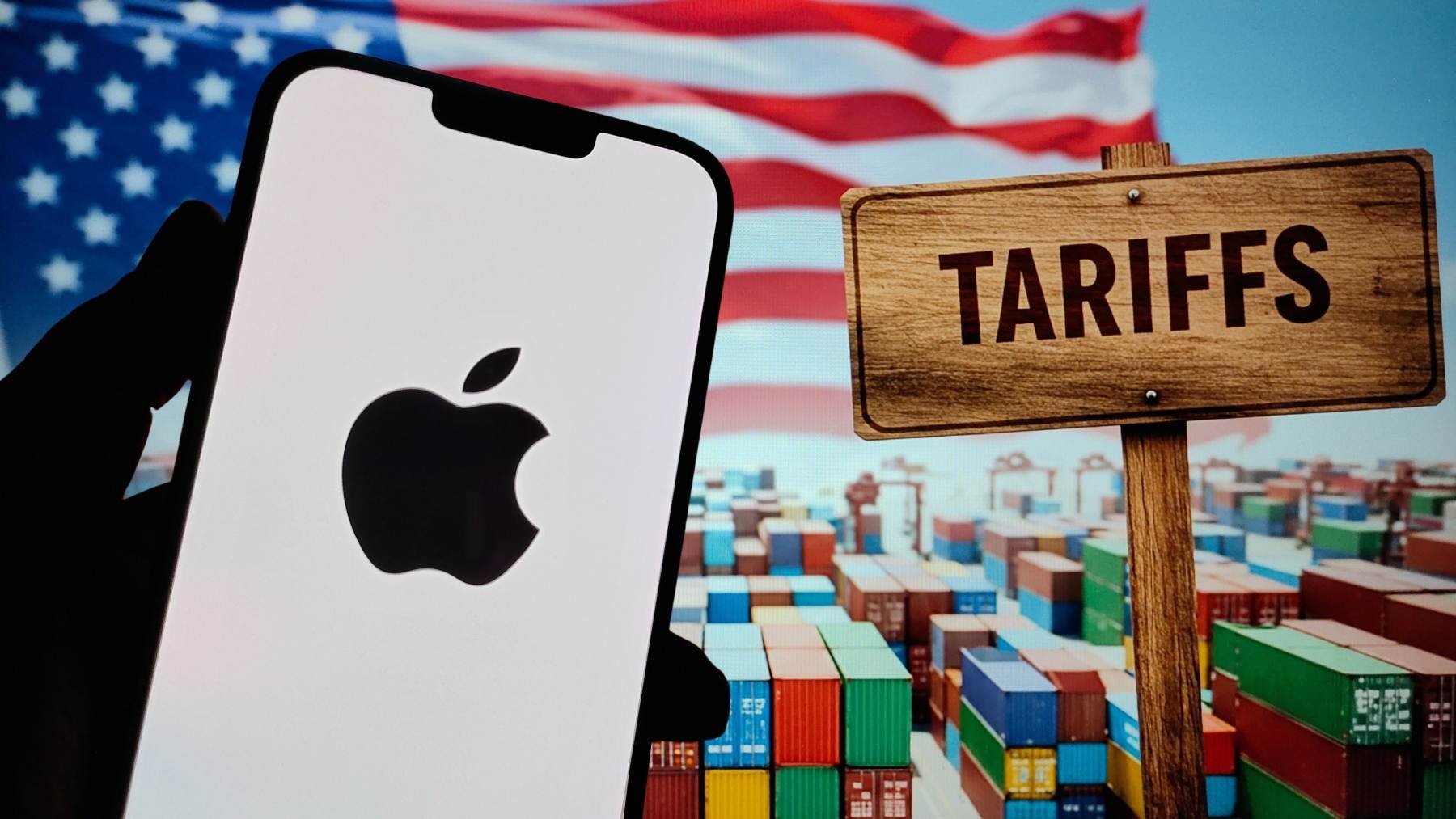












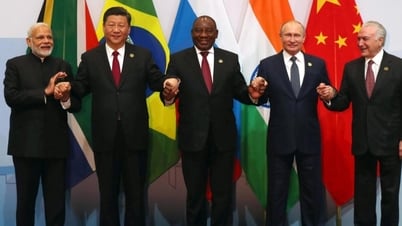
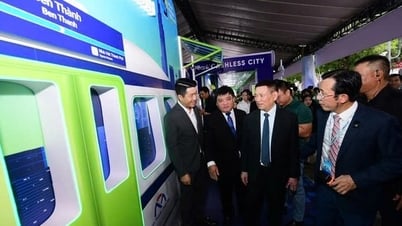











![[Photo] Prime Minister Pham Minh Chinh receives leaders of several Swedish corporations](https://vphoto.vietnam.vn/thumb/1200x675/vietnam/resource/IMAGE/2025/6/14/4437981cf1264434a949b4772f9432b6)
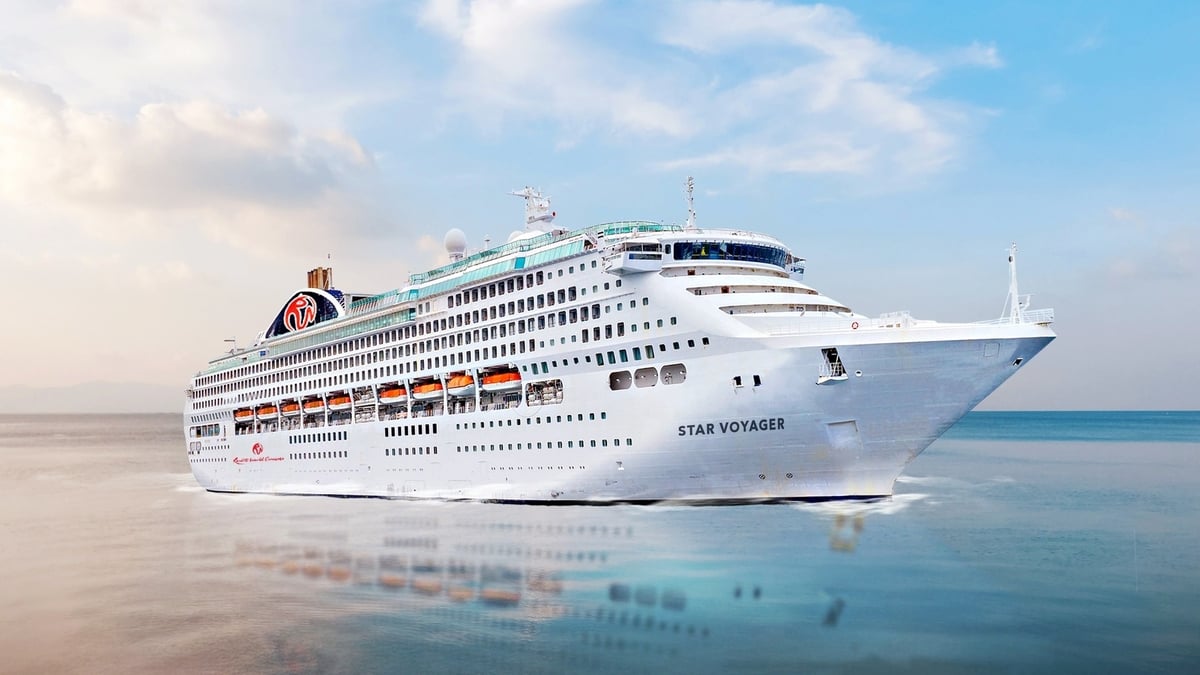


















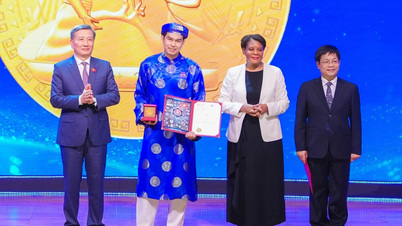











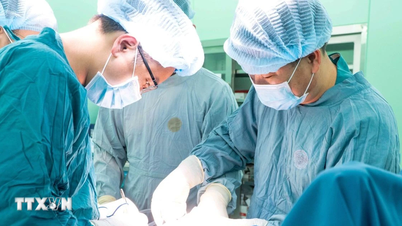










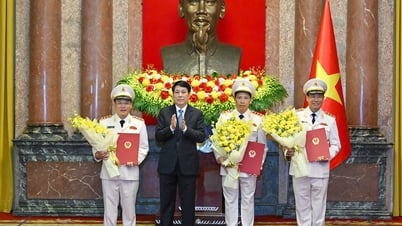







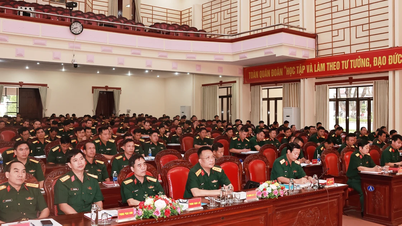

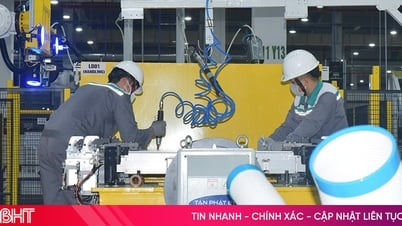










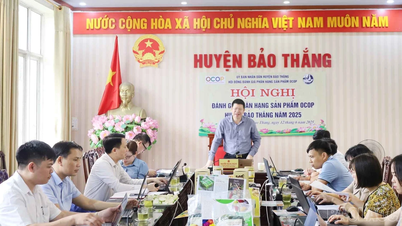



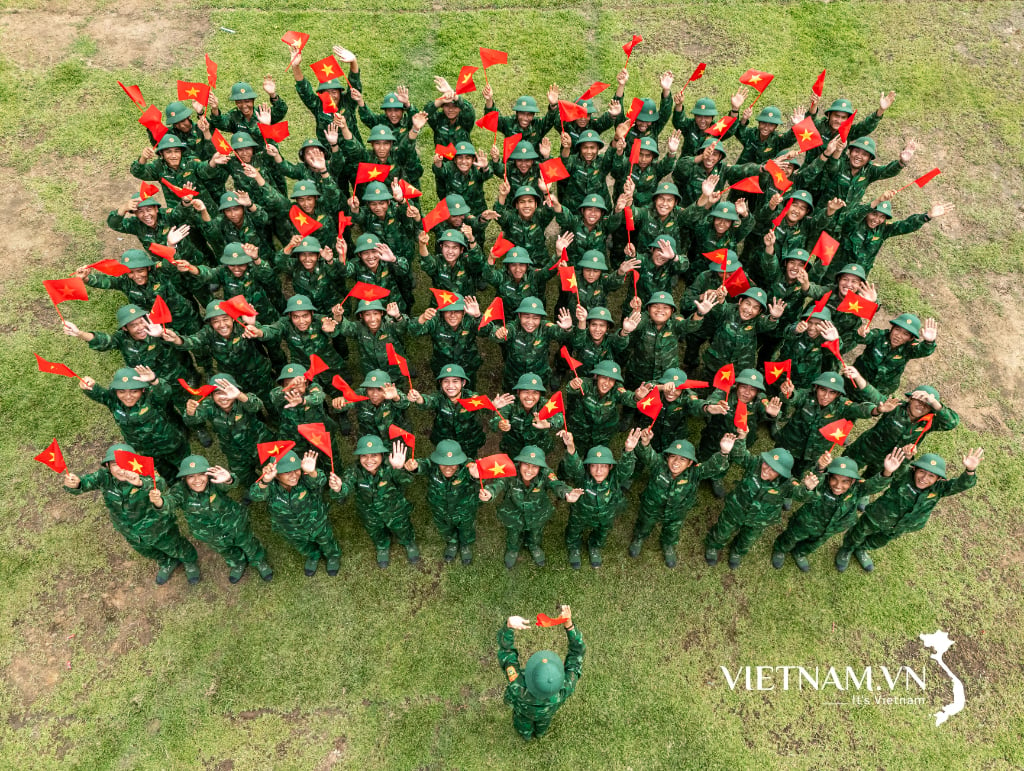

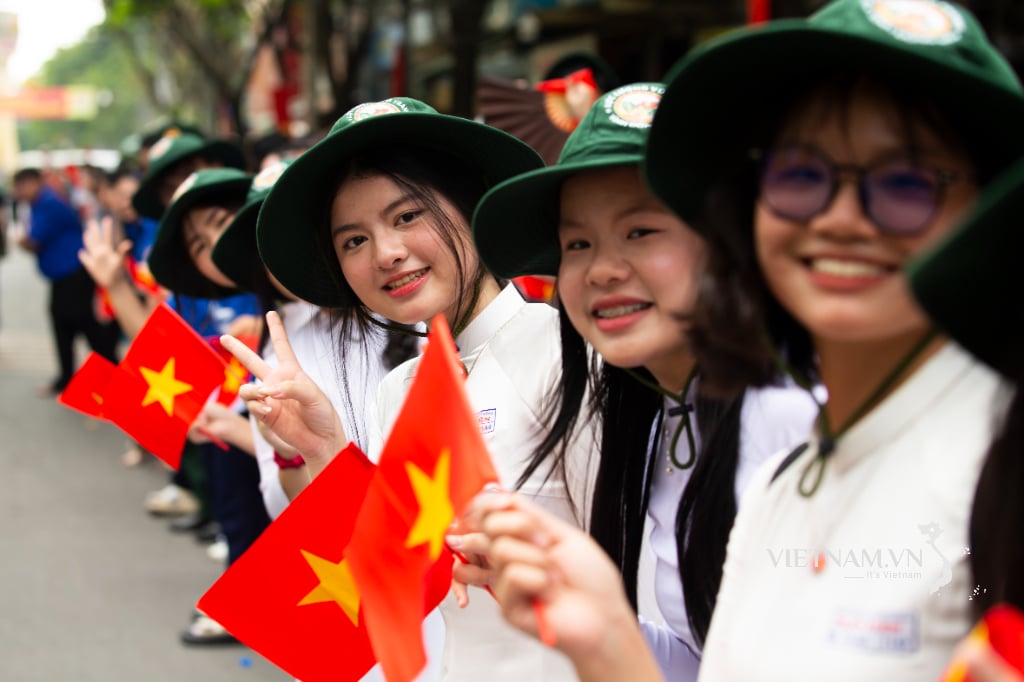
Comment (0)